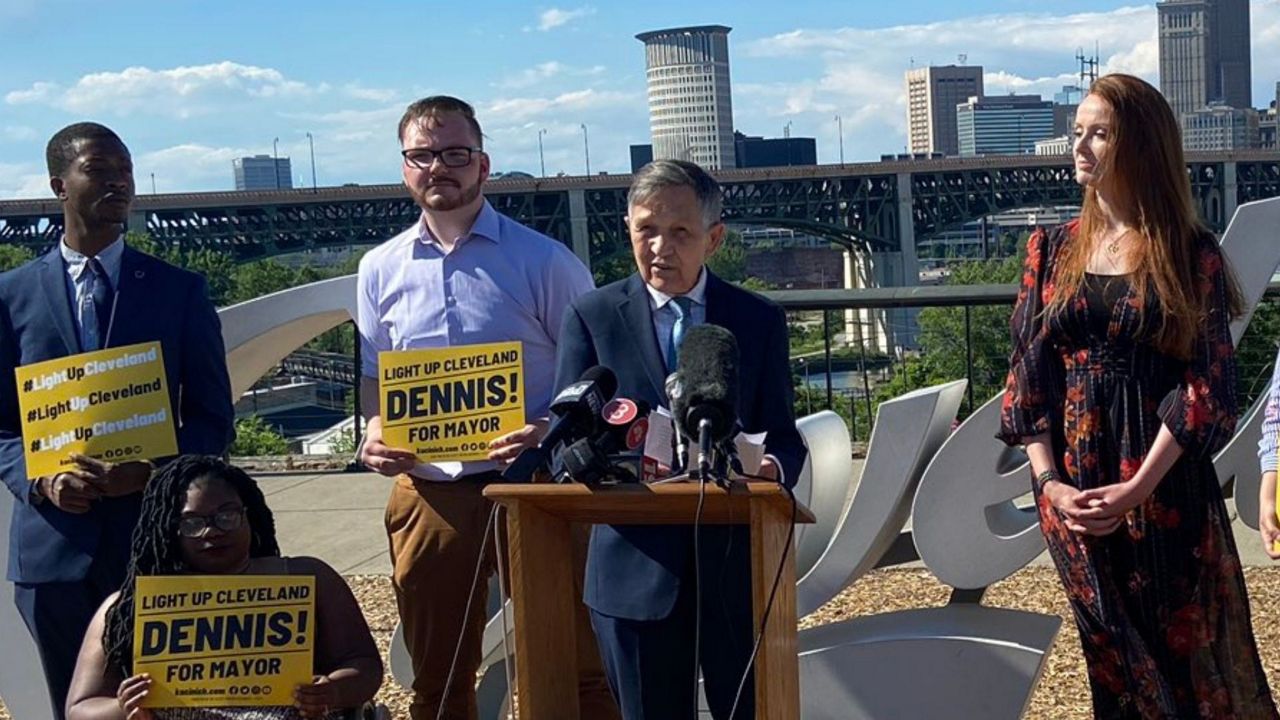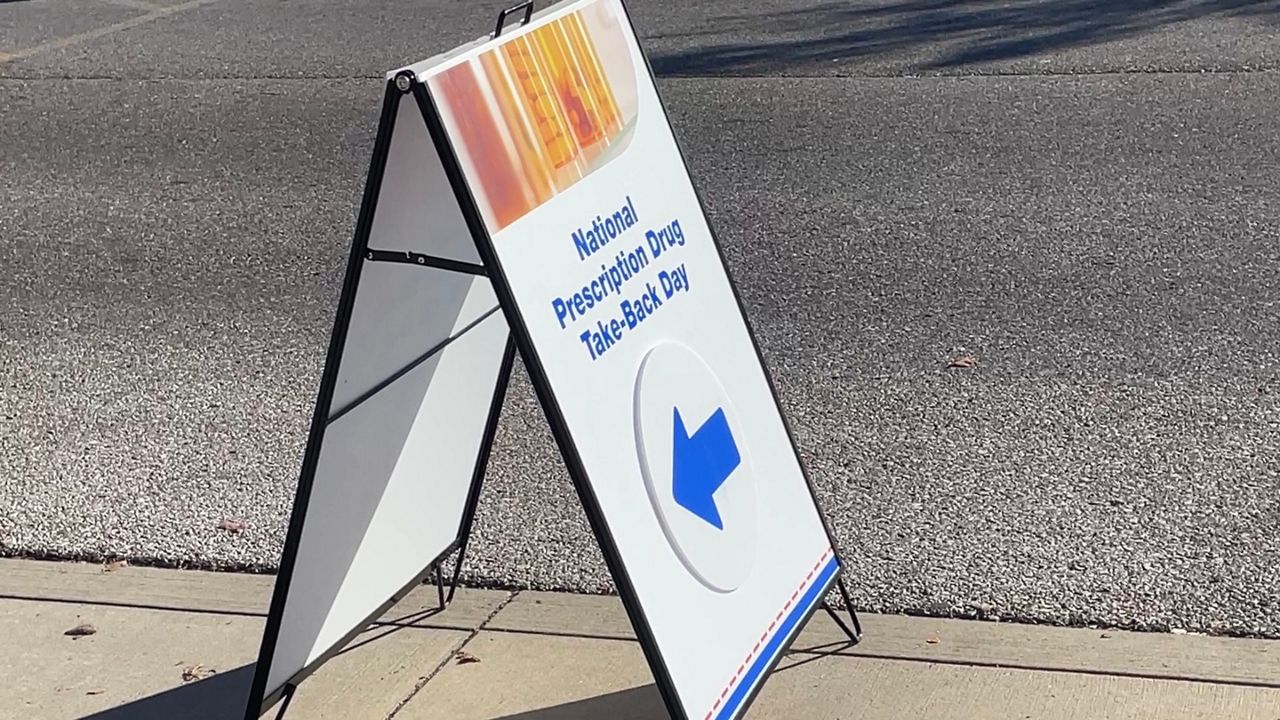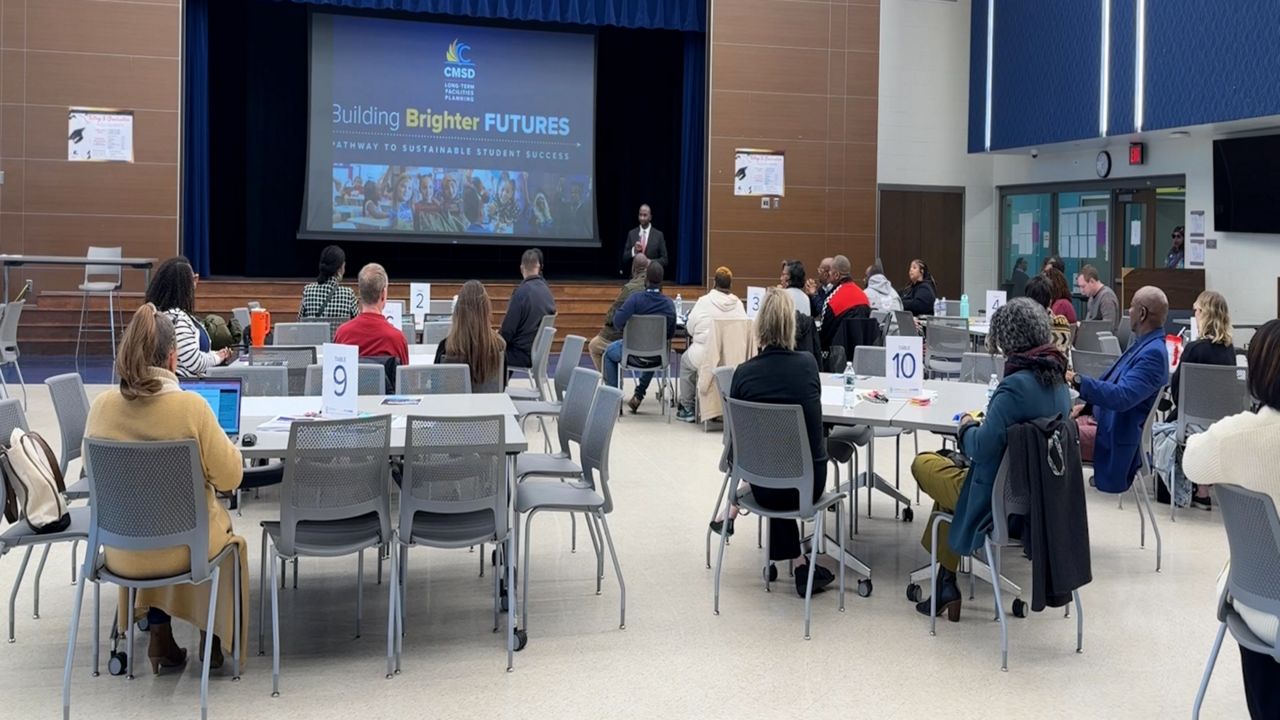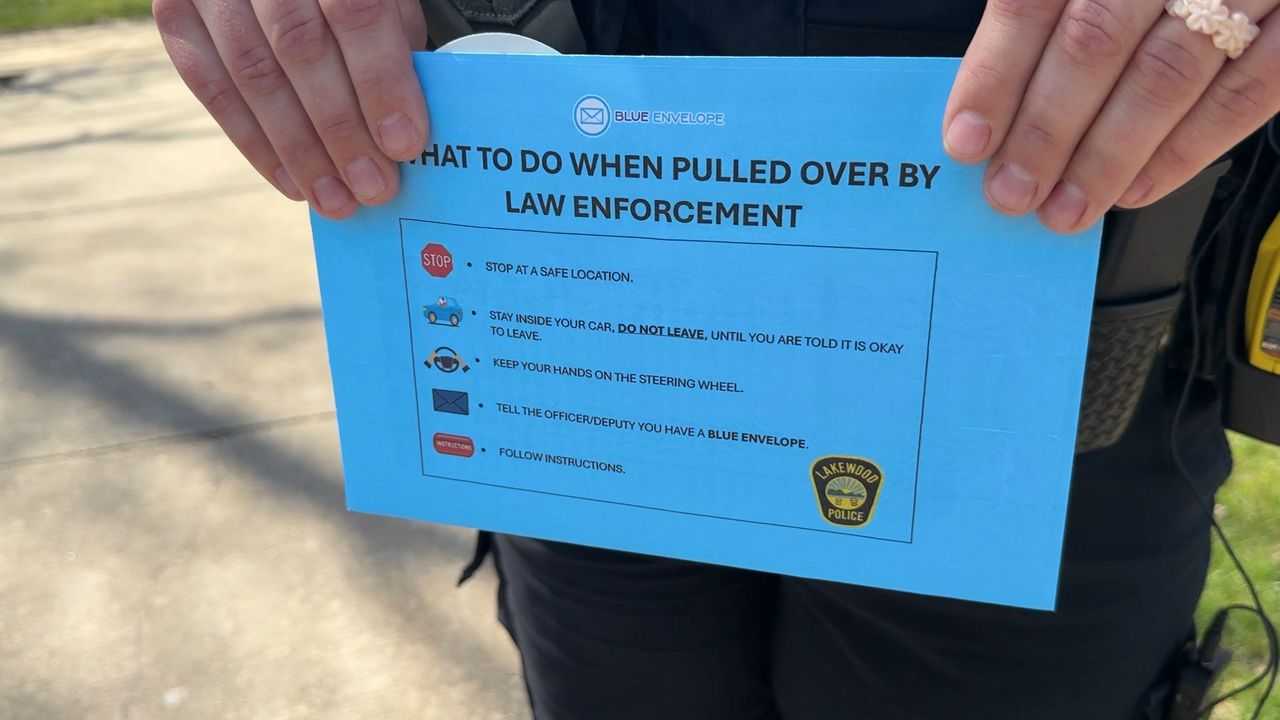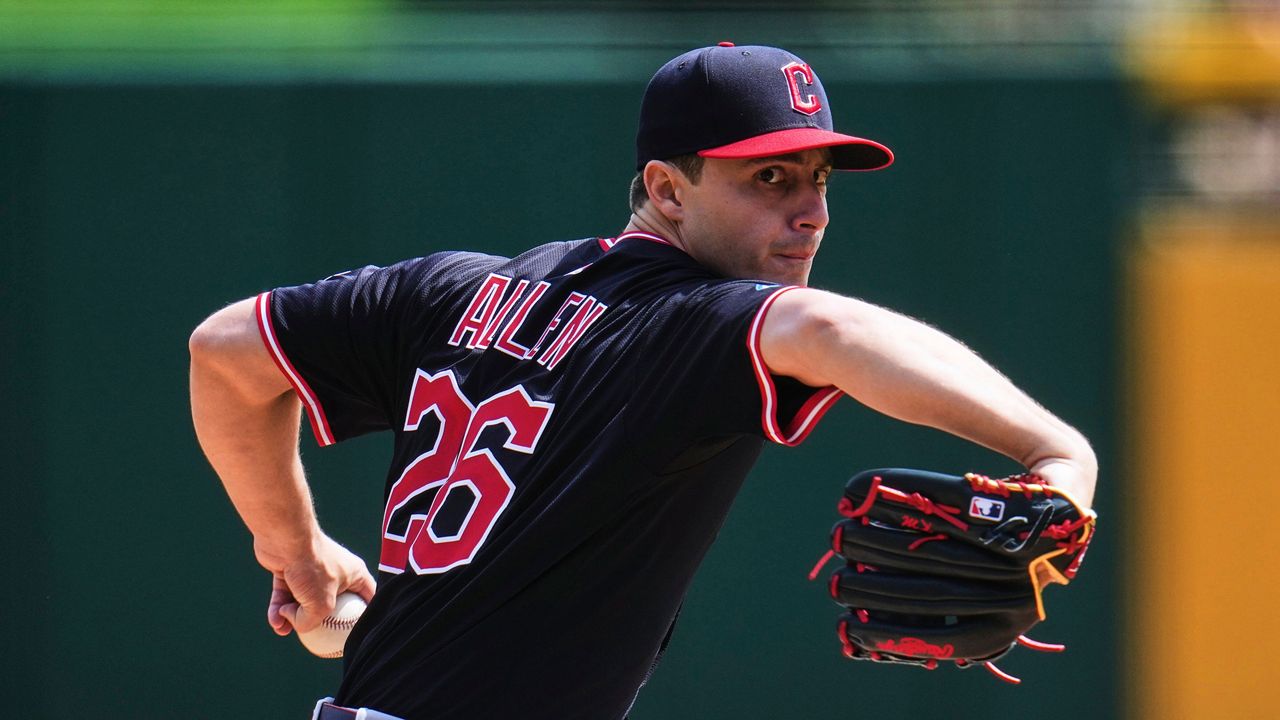CLEVELAND — With most of 2021 behind us, it’s becoming more likely that the coronavirus will continue to be a factor in our everyday lives going into 2022.
And with 2022 will come a new mayor for the city of Cleveland.
On Sept. 14, seven Cleveland mayoral hopefuls will participate in a primary election, which will whittle the field down to two. Whoever emerges from the November general election will become Cleveland’s first new leader in 16 years, replacing four-term Mayor Frank Jackson.
Like Jackson, the next mayor will not only be tasked with the city’s recovery from the pandemic but could consider implementing mask or vaccine mandates. There will still be other questions surrounding the pandemic, including what new variants to the coronavirus could emerge and whether COVID-19 vaccines remain effective against the virus.
Spectrum News 1 asked the seven mayoral candidates about Cleveland’s response to the COVID-19 pandemic. Four of the seven candidates responded to our inquiry.
One of them was Dennis Kucinich, who notably announced last week that he has not sought a COVID-19 vaccine, citing health concerns from his doctor. Despite his vaccine status, he encouraged others to get vaccinated against the coronavirus.
“The emergence of the dangerous COVID delta variant over the past several months underscores the need for Cleveland and other cities to be flexible, agile, and most of all medically astute in anticipating potential problems and collaborating with the best medical minds at the federal, state, county, and municipal levels to protect citizens, especially those who are most vulnerable,” Kucinich said. “As part of that approach, the city of Cleveland health department must be reorganized under new leadership and with a new commitment to provide additional professional staff with the ability to reach out into the community to provide neighborhood-based and home-based health and medical services.
Kucinich continued: “The state of Ohio has done a commendable job in leading and coordinating COVID-related initiatives. Because the virus does not recognize municipal or county boundaries, combatting it effectively requires a much broader, statewide perspective. The role of the city is to muster its own resources, including those of the world-renown medical and health care systems based here, to do everything that can be done at a municipal level.
“Vaccinations are essential for everyone who is medically eligible, in concert with medical advice and counsel from every individual's personal doctors. Testing, taking temperatures, masking, social distancing, hand-washing, hand and surface sanitizing — all are weapons in this battle. As is the continuing research on new drugs, treatments, and therapies that might help those whose conditions and situations are not compatible with current measures.”
City Council President Kevin Kelley gave credit to the city’s response to COVID-19.
Kelley has also aligned himself with Jackson, who endorsed Kelley last month.
“Overall, the city did an admirable job navigating the unknowns of the pandemic, the likes of which we haven’t seen in 100 years,” Kelley said. “Over the last 18 months, we, like the rest of the world, have learned so much about how challenging it is to manage the pandemic — physically, socially, emotionally and economically. One thing that I would do is promote and administer vaccines at a hyper-local level. We’d get into the neighborhoods faster to share information directly with people, alleviate their concerns and get more people vaccinated faster.
Kelley continued: “This would be part of a much larger effort to update and improve how we manage public health in the city of Cleveland. Among other things, as mayor, I will reorganize our public health department, recruit and retain a high-quality epidemiology team and create a health disparities advisory council.”
Ross DiBello, one of two candidates in the field seeking their first elected office, was the only candidate who responded saying that they would require COVID-19 vaccines for city employees.
“I am not satisfied with the city's response to the pandemic,” DiBello said. “This is another example of racism as a public health crisis with people of color and fewer resources bearing the burden of governmental failures. I like that originally we had people going door-to-door for outreach, but the level was insufficient.
“COVID-19 is a deadly disease, and it once again speaks to Cleveland not having our priorities straight. The public health department was not equipped or staffed to handle a pandemic. Cleveland needs a competent department of public health, and I would commit resources to increased outreach, education, marketing and availability of vaccines.
“I am vaccinated and would require all employees coming to a brick and mortar workplace to be vaccinated.”
Zack Reed, a former member of Cleveland City Council, said he’s vaccinated but would not require city employees to become vaccinated.
The city of Cleveland has generally done a good job of trying to protect city employees through their safety protocols and allowing City Hall staffers the option to work from home,” Reed said.
“Where I see an opportunity for improvement is in communication. As the virus mutates and infections increase, I think it's important to have a visible mayor leading the effort to keep the public informed about risk and also how to mitigate the spread of the virus. As mayor, I'd hold a weekly briefing alongside infectious disease experts to keep the public updated on what the current protocols are. Citizens want reassurance and leadership on this and other issues. My administration will provide it."
Candidates Justin Bibb, Sandra Williams and Basheer Jones have not responded to multiple requests for comment.
Williams, an Ohio state senator, has offered support in the past for declaring racism a public health threat. She also addressed reports that she was apprehensive of the COVID-19 vaccine earlier this year.
“Despite the reports that I am hesitant about getting the COVID-19 vaccine, I am, in fact, supportive of getting vaccinations,” she said.
Bibb has said that he is supportive of increasing the percentage of city funds that go to the health department. Jackson’s budget called on 1.7% of the city budget, equalling $11.1 million, to go toward public health.
Jones announced to supporters on his Facebook page last week that he has gotten vaccinated against COVID-19.
“I chose to get vaccinated after careful consideration and conversation with my family and health care provider,” Jones said. “The risk-benefit balance led to my decision to get vaccinated. As I’ve said, it’s a choice every person should make on their own that should not be rushed.”






